“On the day that I announced my launch, two other slow-fashion brands announced the closures of their businesses,” says Miranda Sam, founder of Shortlisted, a new Vancouver company that makes timeless, versatile clothing designed to fit individuals under 5’4”. “I’m just watching the industry crumble around me, and it’s really devastating.”
When Sam decided to start her company, she knew it would be expensive to have everything made in Canada, but one specific cost shocked her: labels. She learned that getting a small quantity produced here would cost $5 each. “Five dollars for one label!” she exclaims. “That’s not including our size label. That’s not including our wash label. That is for the brand label.”
In Canada, ethically producing consumer goods comes with a high price tag on everything from materials to design to shipping. And the very nature of responsible consumption emphasizes acquiring just a few long-lasting items instead of many disposable pieces, which doesn’t exactly lead to big sales for small companies. “I don’t want to sell you on something that you’re going to ditch in a season or two,” Sam says. “I really want to last in someone’s closet for 10 years.”
The co-founders of LumberJill Apparel, Krista King and Meagan Ryan, have also spent much time pondering mindful consumerism. “Let’s look at what we have. Let’s look at what we need. How can we use this, season over season?” says King. The pair’s Edmonton company produces clothing that combines the stylishness women want with the comfort, functionality and durability more commonly associated with men’s clothing—with as little waste as possible during production.
“There is no waste on our Rundle Wrap. There is a cut-out piece, and the cut-out becomes a scrunchie,” King says. “Or mittens,” Ryan adds.
One frequent challenge they face is shoppers who balk at waiting six to eight weeks for their purchase to arrive. King explains that using presales helps them avoid the cost—both financial and environmental—of overproduction. She says, “I think our job is to help educate people that it’s OK to wait for your item.”
Miranda McCullagh expresses a similar concern about how Amazon has taught customers to expect free next-day shipping, which small businesses simply can’t offer. “It’s actually crazy that it costs more for us to ship within Canada than it does for us to ship to the U.S.,” she says. Her Victoria-based company, Whistle & Flute, uses organic fabrics to make gender-neutral kids’ clothing adorned with happy designs—think cheerful clouds, smiling sushi and grinning gnomes.
But the reality behind the adorable outfits is less sanguine. McCullagh describes working long hours, which throws work-life balance off-kilter; changes in Instagram’s algorithms, which make it hard for followers to see the brand’s posts; and how rampant inflation has hurt her shoppers. “I think it’s harder for people now, with inflation, to be able to justify spending $30 on a T-shirt when they can go to Old Navy and get one for $5.”
Sanjay Agarwal also worries about how to find buyers prepared to pay a premium for timeless, high-quality goods that are ethically produced. His new company, Everlayer, which is based in Winnipeg, sells blankets, throws and towels that are crafted in Europe from the most luxurious natural, sustainable fabrics. “We want to get away from disposable consumption,” he says. “We know the market size for our kind of product is small.”
Also small is the talent pool in Canada. Agarwal points out that when it comes to finding “really good people with experience on the luxe and fashion side of the business,” Canada has a tiny workforce compared to the United States.
And those are far from the only challenges that small businesses face here. The dearth of factories and sewers in Canada, the prohibitively large production runs required to unlock discounts, the high cost of extending size offerings to be inclusive, the difficulties securing low-interest bank loans, the relatively high taxes—the list goes on. But none of these entrepreneurs are tempted to give up. Agarwal feels excited to leave disposable fashion behind during what he calls the “last innings” of his career. McCullagh and her husband have spent so many years working on Whistle & Flute that they can’t imagine doing anything else. Sam wants to make Shortlisted a success so she can demonstrate to her daughters that hard work pays off.
And LumberJill’s King and Ryan are savouring building the company—and the lives—of their dreams. “We’re reverse engineering, like, here’s what we want our lifestyle to look like,” Ryan says. “I think if we show up authentically, and we can show that we are enthusiastic and we love what we do and we’re proud of the products that we put out there, it’s going to resonate with people.” —Sheri Radford
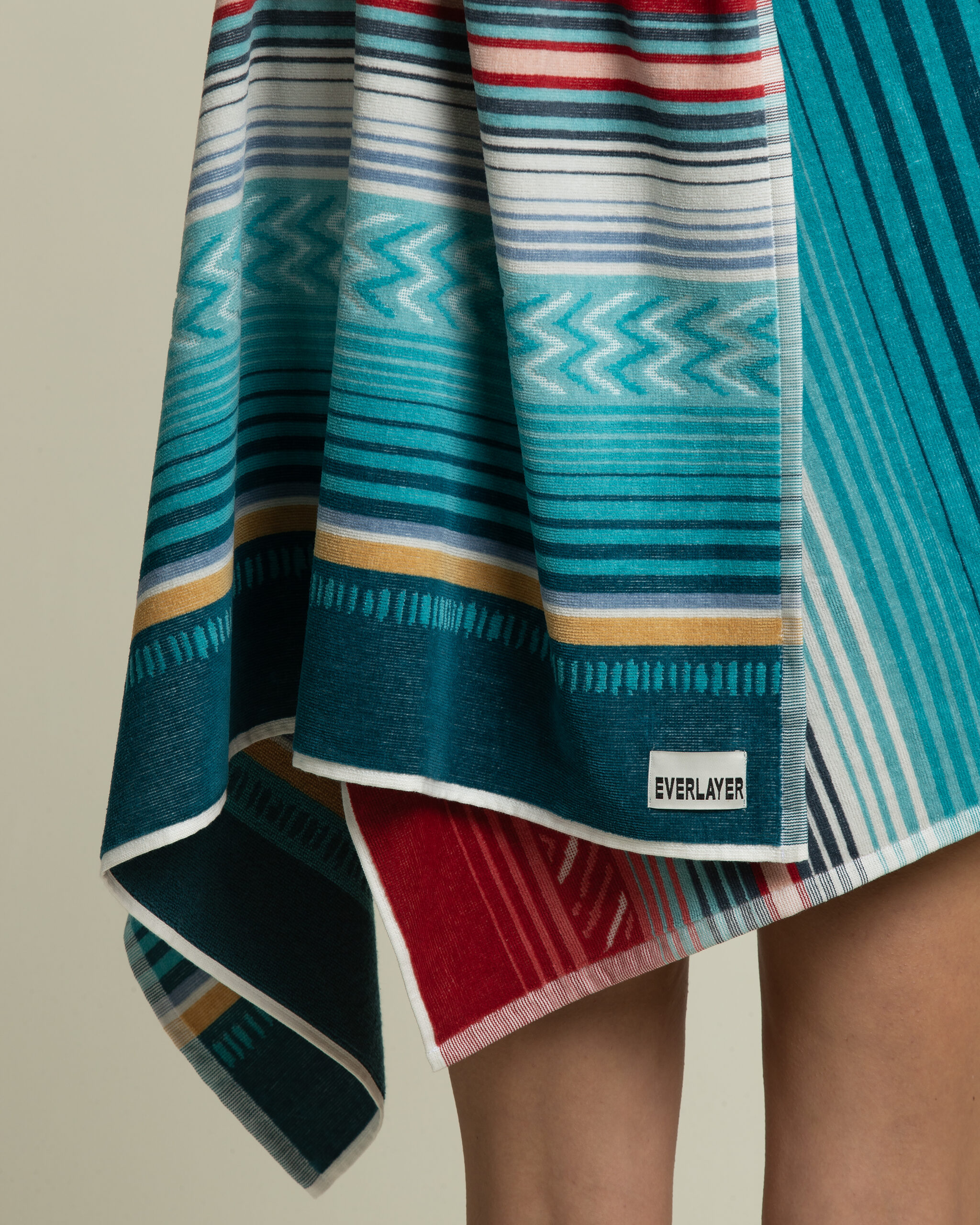
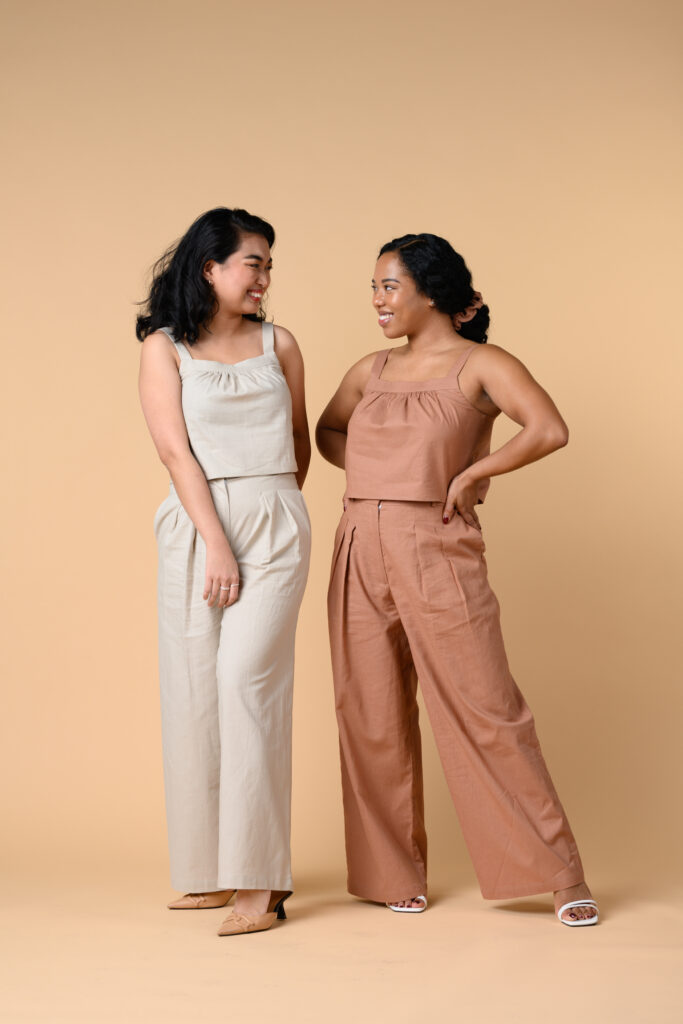
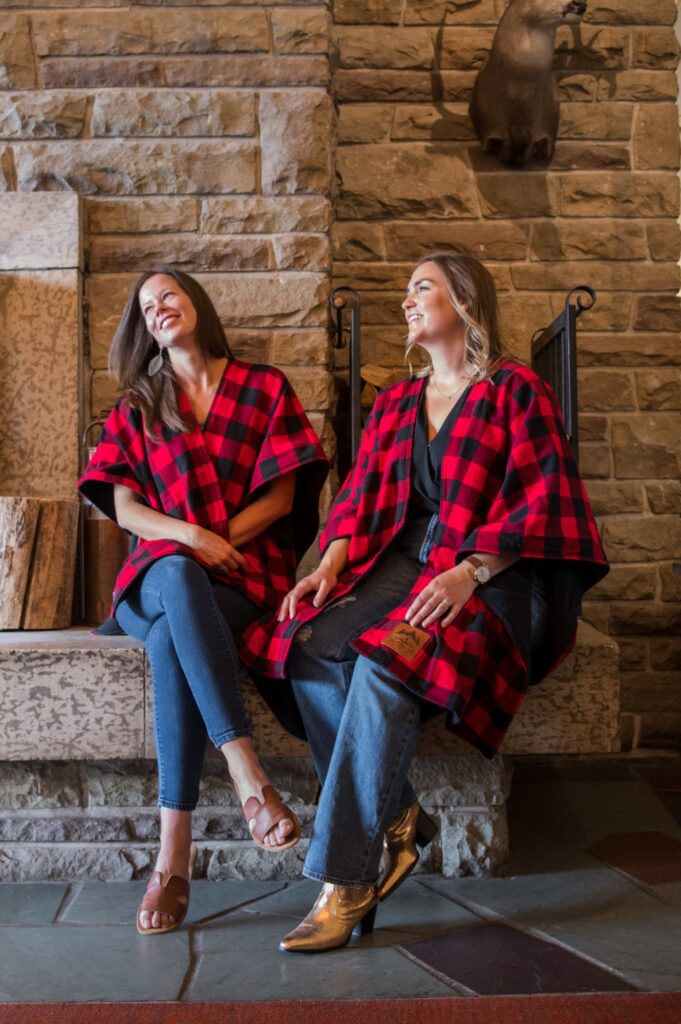
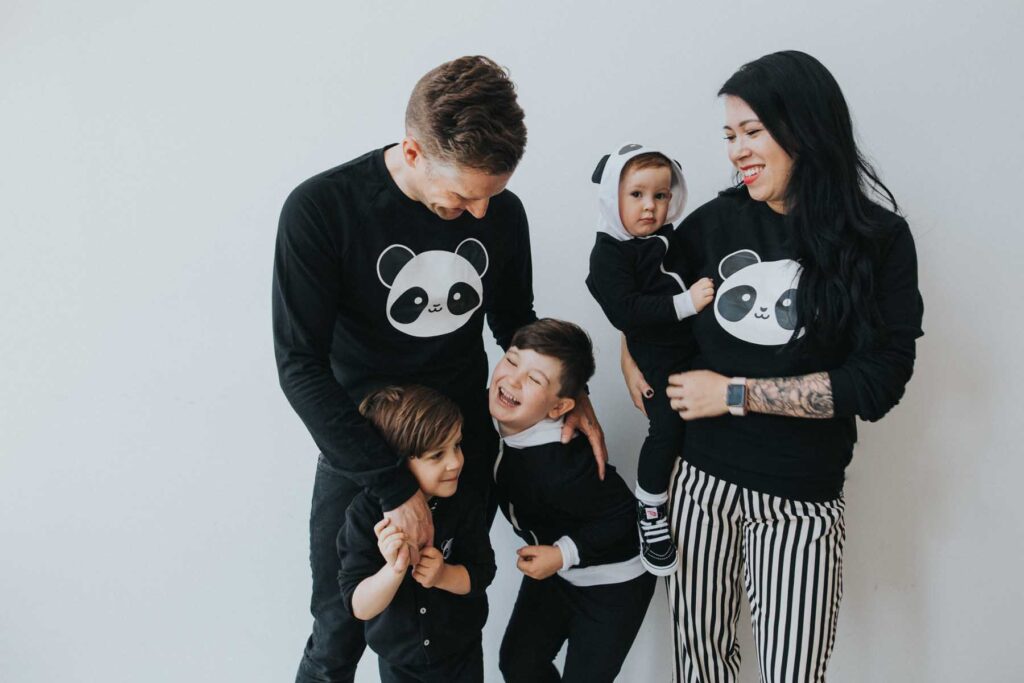
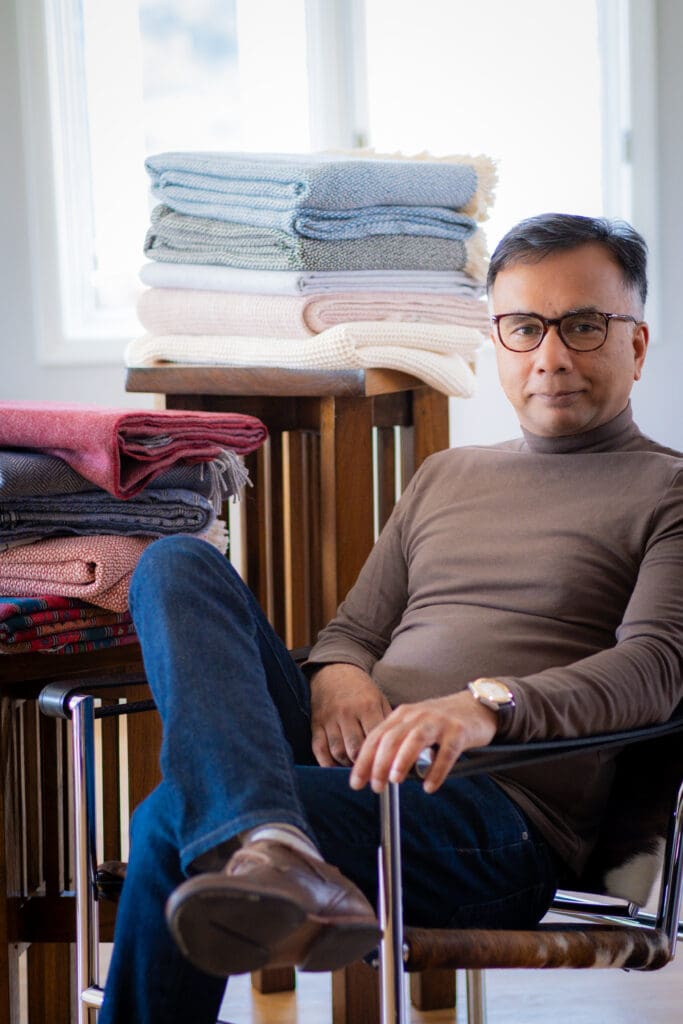
Be the first to comment